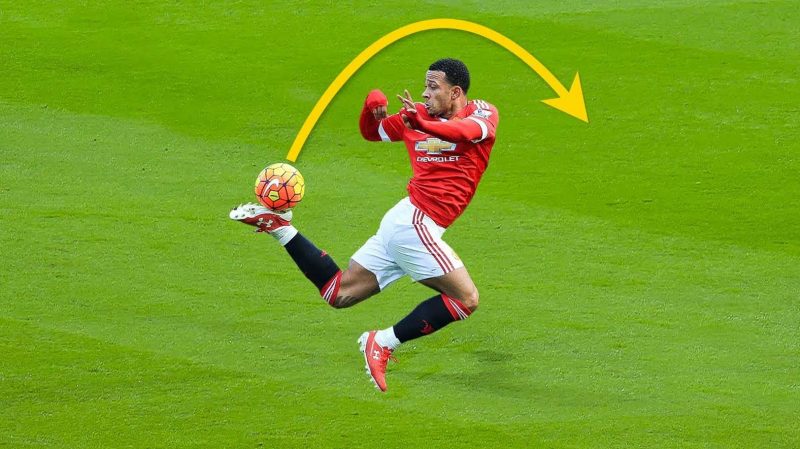Most of the time, soccer fans are in awe of the players who represent the clubs we support. But, let’s face it, every player has a game to forget.
Take Sydney FC’s Adam LeFondre, for example, who missed TWO injury-time penalties against Wellington Phoenix in January. How hard can it be, Sydney fans must have been thinking, to score from just 12 yards out? Perhaps some fans even wondered whether they would have done better if they’d taken the penalties themselves.
In fact, it’s not an entirely ridiculous notion. With some help on my technique and plenty of practice, I dare say even a sporting incompetent like me could score a penalty if given the opportunity.
But does that make me genuinely skillful? Of course, it doesn’t. The point is, a professional penalty specialist could take, say, 100 penalties, miss the first, but still score 80 or 90 times. I, on the other hand, could somehow manage to score the first penalty and then fail to convert the next 99.
In other words, the fewer tests there are, the greater the chances are that a low-skill player can outperform a high-skill player simply down to luck. The more tests there are, the more likely it is that greater skill will prevail. To put it another way, genuine skill persists, but luck is ephemeral.
Does your fund manager possess genuine skill?
You might be wondering what all this has to do with investing. Well, the answer is that investors are often fooled by what they assume is skill but is nothing more than random chance.
As we’ve explained in our Insights column before, very few active (stock picking) funds succeed in beating the market, on a properly cost- and risk-adjusted basis, over the long term. But we often hear of funds that have produced extraordinary returns over, say, one, two or three years.
The question is, to what extent is short-term outperformance down to manager skill? The manager, of course, is likely to say it is down to skill. Similarly, when a manager underperforms, they will often blame bad luck.
In truth, it’s actually very hard to say how big a part luck and skill have played in the performance of any one fund. But looking at the persistence of performance yields some valuable clues.
Outperformance is usually fleeting
Researchers at S&P Dow Jones Indices regularly produce what they call Persistence Scorecards for active fund managers around the world. In recent weeks they’ve published scorecards for the US, Europe, Latin America, Canada and Australia. What all these scorecards show, yet again, is that outperformance comes in very short bursts. What’s more, a period of strong performance is often followed by a spell of poor performance.
Let’s take the Australian scorecard, for example. Only 6% of the top quartile active Australian equity funds in calendar year 2020 remained in the top quartile in each of the two succeeding years. If outperformance were purely random, we would expect a far higher repeat rate of 25%.
In the International equities category, the story was even worse for active funds with none of the top quartile funds remaining top quartile two years later.
There is very strong evidence of a lack of persistence even over a period as short as three years.
Poor performers usually stay that way
Ah, you might say, but surely it works both ways? In other words, poor performance, you would think, would be similarly short-lasting. Unfortunately, when it comes to underperformance it works the other way round — there is persistence — and a poor performer is likely to remain a poor performer.
For example, 35% of all international equity funds in the bottom (fourth) quartile, based on their 2016-2019 performance, were either merged or closed within the next three years. The comparable figure for top-quartile funds was only 14.5%.
The logical conclusion to draw from statistics such as these is that when a fund manager outperforms over short periods, it might well be down to luck as opposed to skill.
Don’t be fooled
So, investors should be on their guard. Don’t be fooled by small numbers, and don’t be overly impressed by a fund manager who’s produced stellar returns over a year or two — even if everyone seems to be talking about them. There are so many funds to choose from that there will always be short-term winners, simply by the law of averages.
Stay focused instead on your long-term goals. Don’t chase performance, and don’t try to identify, in advance, the star performers of the future, because the odds are heavily stacked against you. In the long run, you’re likely to be better off by holding a passive (or at least broadly passive) portfolio, and resisting the temptation to chop and change it.
Oh, and remember, don’t be too hard on your star striker for missing that open goal. He’s a far better soccer player than most of us.

